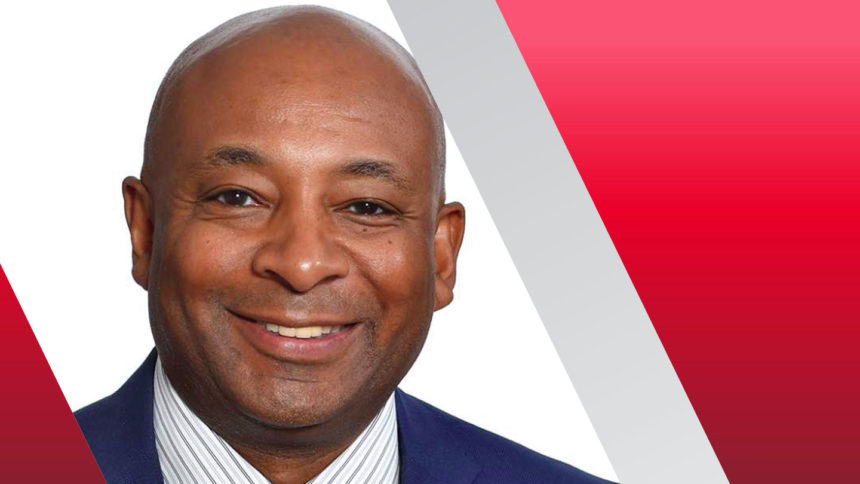
Q: Why is everyone so concerned about the Supreme Court case allowing resident rights cases against state-operated facilities?
A: The US Supreme Court’s recent ruling in HHC v. Talevski, that residents in publicly owned nursing facilities may bring federal civil claims against facilities to recover damages for violations of provisions of the Federal Nursing Home Reform Act (“FNHRA”), does not significantly impact private nursing home operators. But it does have a significant impact on all publicly owned nursing homes.
In many states, the enforcement mechanisms regarding residents’ rights included surveys, plans of correction, sanctions, civil monetary penalties, up to and including complete exclusion from federal healthcare programs, if nursing homes were found to have violated residents’ rights. In other states, those public enforcement mechanisms are supplemented with the right of private action by a resident to enforce FNHRA rights. The Talevski decision essentially provides a private cause of action in states where the only enforcement had been through the state regulatory process.
One other notable impact is that this new federal right to sue privately has none of the damage limitations or procedural safeguards included in many state statutes. Residents will be able to circumvent existing state systems and seek recovery in federal court, allowing recovery of attorneys’ fees, punitive damages and other relief.
Accordingly, increasing your focus on issues associated with resident rights will be vital to managing this new risk for healthcare providers. Public operators can manage this new risk by updating their compliance activities to ensure they invest sufficient time and resources in assessing policies, procedures and programs that impact residents’ rights.
Please send your legal questions to Norris Cunningham at [email protected].
From the September 2023 Issue of McKnight's Long-Term Care News





